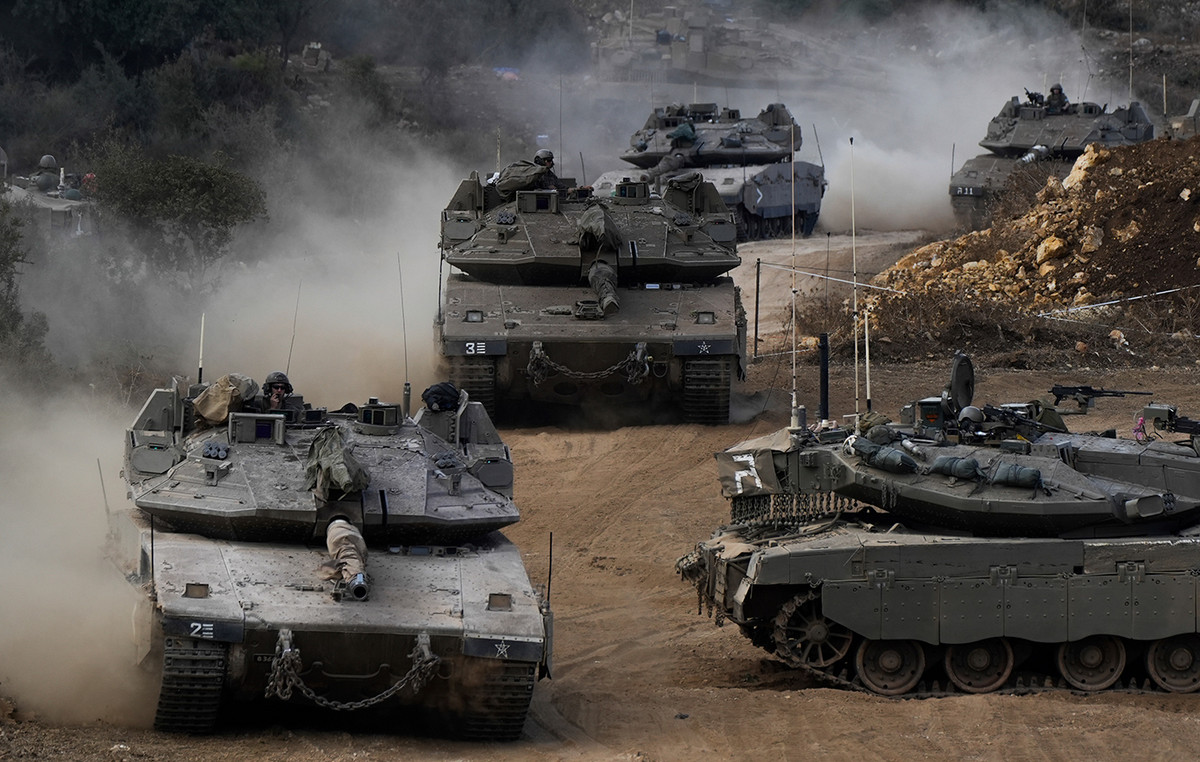With the relief in fuel and energy prices, as a result of the proposals approved by Congress, the spread of inflation in products is already showing a drop and should follow this trend in the coming months, according to experts heard by the CNN Brasil Business .
Data collected by FGV economist André Braz show that, in June – month of the approval of the ceiling for the calculation of ICMS and prior to the approval of the PEC of Benefits – the spread of inflation was in 76% of the items. In July, at the beginning of the month, the spread dropped to 70%, ending the period at 68%. Finally, until this Thursday (11), the spread was in 65% of the items. That is, from June to August, there was a drop of 11 percentage points.
Braz confirms that we are facing a slowdown in the spread of inflation in products, but he recalls that the index is still high.
“Dissipation is really slowing down, there has already been a reduction in the number of items with positive variation, but it is still above 60%, it is still a large number. It will take time for these effects of gasoline and energy to favor production chains,” he explains.
The last Extended National Consumer Price Index (IPCA), referring to the month of July, was -0.68%, compared to 0.67% in June. This is the lowest rate recorded since the beginning of the historical series, which began in January 1980.
In the year, the IPCA accumulates a high of 4.77% and, in the last 12 months, of 10.07%, below the 11.89% observed in the 12 immediately previous months. In July 2021, the variation had been 0.96%.
The economist says that the trend is for the deceleration of the spread to continue, however, he believes that we are still facing a context with uncertainties.
“The trend is to continue, but the moment is very uncertain… the elections themselves, the country’s fiscal situation, the war in Ukraine, this risk of a slowdown in large economies, this makes this forecast more complex, if we have a aggravation of the conflict, changes everything”.
The chief economist of MB Associados and CNN Specialist in Economics Sergio Vale assesses that there is a slowdown in dissemination, however, he recalls that the movement occurs more in goods than in services, since the latter “continues to accelerate, as we are going through a moment of stronger recovery of that segment”.
Regarding the possible impacts that could reverse this slowdown, Vale mentions the elections as a factor that, depending on pressure, can generate an increase in the exchange rate and, consequently, in inflation.
Finally, Insper economist Juliana Inhasz says that reductions in external pressures can also generate a more favorable environment for the economy.
Inhasz considers that “apparently, the effects of the war in Ukraine have already been well internalized in the economy”, reducing part of the spread of inflation in the country. In the economist’s view, Brazil and the world are already absorbing the international effects of the war and the possible recession.
“I think this has all been internalized, the increase in risk has already happened at other times. So, as this is already mapped, with no new elements, so far, this can contribute to reducing this dissemination”.
Source: CNN Brasil
I am Sophia william, author of World Stock Market. I have a degree in journalism from the University of Missouri and I have worked as a reporter for several news websites. I have a passion for writing and informing people about the latest news and events happening in the world. I strive to be accurate and unbiased in my reporting, and I hope to provide readers with valuable information that they can use to make informed decisions.







